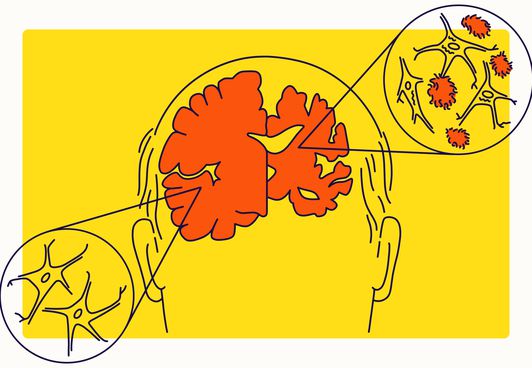01 January 2024 | Monday | News

Image Source | Public Domain
SNK01 consists of a non-genetically modified NK cell product with enhanced cytotoxicity and activating receptor expression for the treatment of moderate AD.
Initial patient in this Phase 1/2a trial received 6 billion cells, 50% more than the maximum dosing from the Phase 1 trial.
NKGen Biotech, Inc. (Nasdaq: NKGN) (“NKGen” or the “Company”), a clinical-stage biotechnology company focused on the development and commercialization of innovative autologous, allogeneic, and CAR-NK natural killer cell therapeutics, today announced the dosing of the first patient in its Phase 1/2a trial evaluating SNK01, a cryopreserved autologous, non-genetically modified NK cell therapy product with enhanced cytotoxicity and activating receptor expression. This Phase 1/2a trial is evaluating safety and tolerability in participants with moderate AD.
The Phase 1 is an open label safety evaluation to determine the maximum tolerated dose and/or recommended Phase 2 dose of SNK01. The Phase 2 is a randomized double-blind trial evaluating the safety and efficacy of SNK01 in moderate AD.
“We are excited to have dosed our first patient in the Phase 1/2a SNK01 clinical trial in moderate Alzheimer’s patients using our next generation cryopreserved product to address an unmet need,” said Paul Song, M.D., CEO of NKGen Biotech, Inc. “While the vast majority of therapies have remained focused on the mild cognitive impairment or mild dementia patient population, we wanted to focus our efforts on a more advanced population for which there is currently no approved disease-modifying therapy. Whereas our previous Phase 1 trial suggested that our enhanced NK cells (given intravenously) were safe and well tolerated, and could cross the blood brain barrier to have a positive effect on brain protein aggregates as well as on neuroinflammation, we only gave four doses and did not give more than 4 billion cells per dose.”
Dr. Song continued, “Despite the fact that 2/3 of our patients in our Phase 1 trial received what we consider suboptimal dosing, 90% had stable or improved cognitive function as measured with the ADCOMS composite score at 11 weeks (one week after the final dose). In this new randomized trial, we will be giving 6 billion cells per dose every three weeks for a full year (17 total doses) versus placebo. With this increased overall dosing regimen, we hope to show even greater cognitive benefit and greater effects in protein and neuroinflammation levels. We are planning on conducting an interim data readout in Q3 2024.”
© 2026 Biopharma Boardroom. All Rights Reserved.